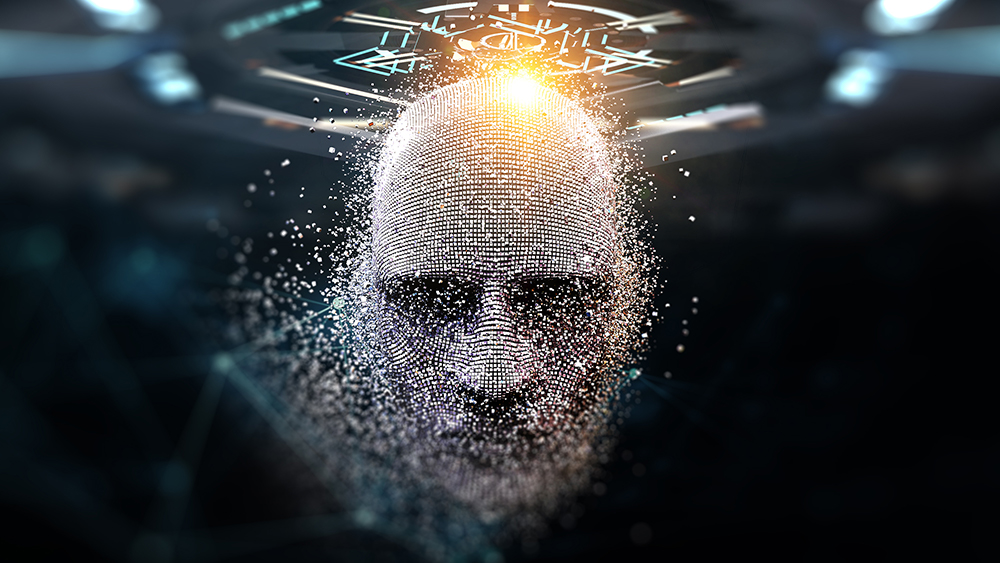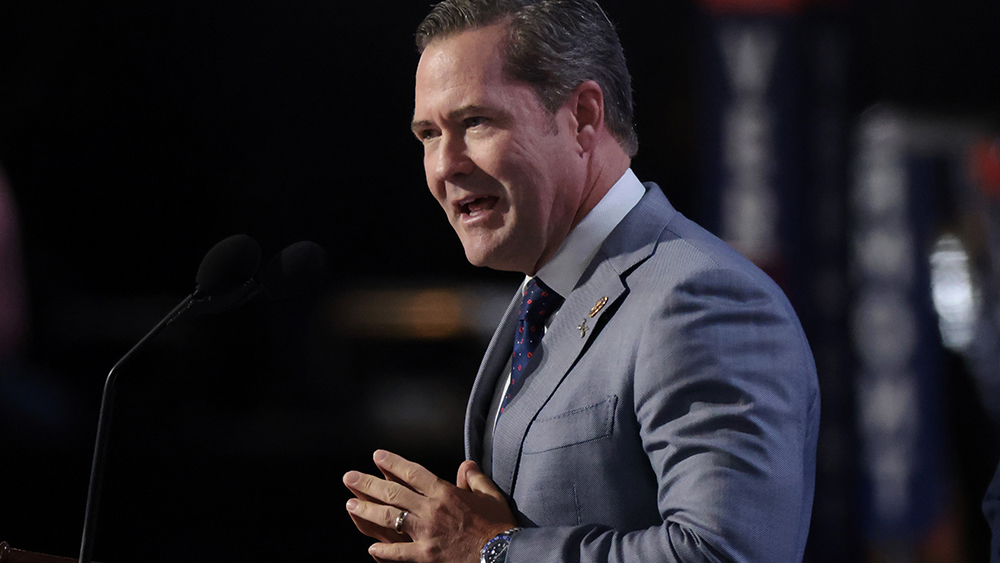
- In episode 8 of "Wartime Homefront Essential Skills," Marjory Wildcraft and Dr. Kai-Fu Lee discussed how AI is projected to eliminate 800 million jobs globally within 15–20 years, with 30-45 percent of routine jobs at risk—far faster and more disruptive than past technological shifts.
- Wildcraft and Dr. Lee talked about historical data that shows food price spikes directly precede social unrest. MIT research confirms riots are most likely when people cannot afford food, creating a volatile mix with mass unemployment.
- They dove into how AI will exacerbate inequality, benefiting the top one percent while leaving the bottom 50 percent struggling with job loss and unaffordable food, as corporate agriculture prioritizes profit over resilience.
- This episode explored how homegrown, local agriculture is critical to buffer against systemic collapse. Wildcraft emphasized its nutritional and resilience benefits, while Dr. Lee suggested AI tools (e.g., frost/pest alerts) could support small-scale growers.
- Without interventions like universal basic income, retraining programs and grassroots food networks, Wildcraft and Dr. Lee warned that AI-driven unemployment and food insecurity could trigger unrest "unseen since the Industrial Revolution."
Want to learn more?
When the world gets unpredictable, the smartest move is to prepare. That's why "Wartime Homefront Essential Skills" by Marjory Wildcraft is back on BrightU. This is your second chance to catch the series that's changing how families think about self-reliance. If you want to learn at your own pace and get access to 12 additional bonuses, you can purchase the Wartime Homefront Essential Skills Bundle here. Upon purchase, you will get unlimited access to all 10 "Wartime Homefront Essential Skills" videos and 12 bonuses, including 10 eBook guides and two homesteading videos. Sources include: BrighteonUniversity.com 1 BrightU.com BrighteonUniversity.com 2Trump’s English-language rule for truckers sparks exodus of foreign-born drivers
By Laura Harris // Share
Trump-backed Take It Down Act nears final approval
By Laura Harris // Share
British Chambers of Commerce warns of “lost generation” as youth job crisis deepens
By Laura Harris // Share
Global surge in loneliness persists post-pandemic, study reveals
By Belle Carter // Share
“Wartime Homefront Essential Skills” on BrightU: The permaculture secrets that you should know about
By Jacob Thomas // Share
"Wartime Homefront Essential Skills" on BrightU: How AI could spark a global food crisis
By jacobthomas // Share
Gaza-bound aid ship catches fire after alleged drone attack
By lauraharris // Share
Trump taps Mike Waltz as next U.S. ambassador to the United Nations
By lauraharris // Share
Trump's English-language rule for truckers sparks exodus of foreign-born drivers
By lauraharris // Share









